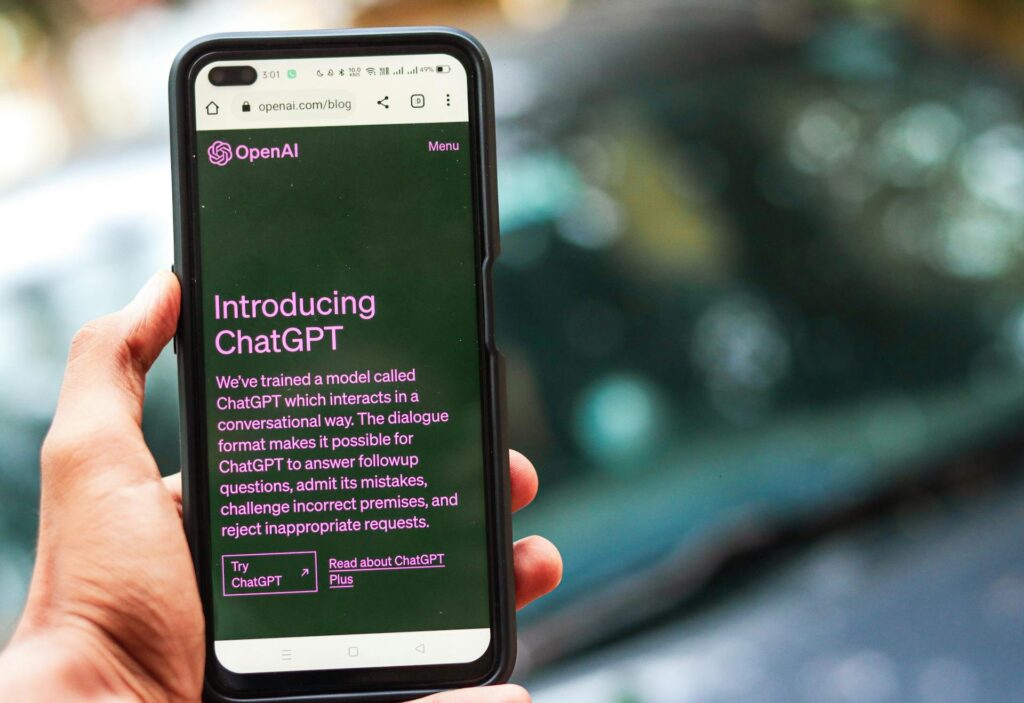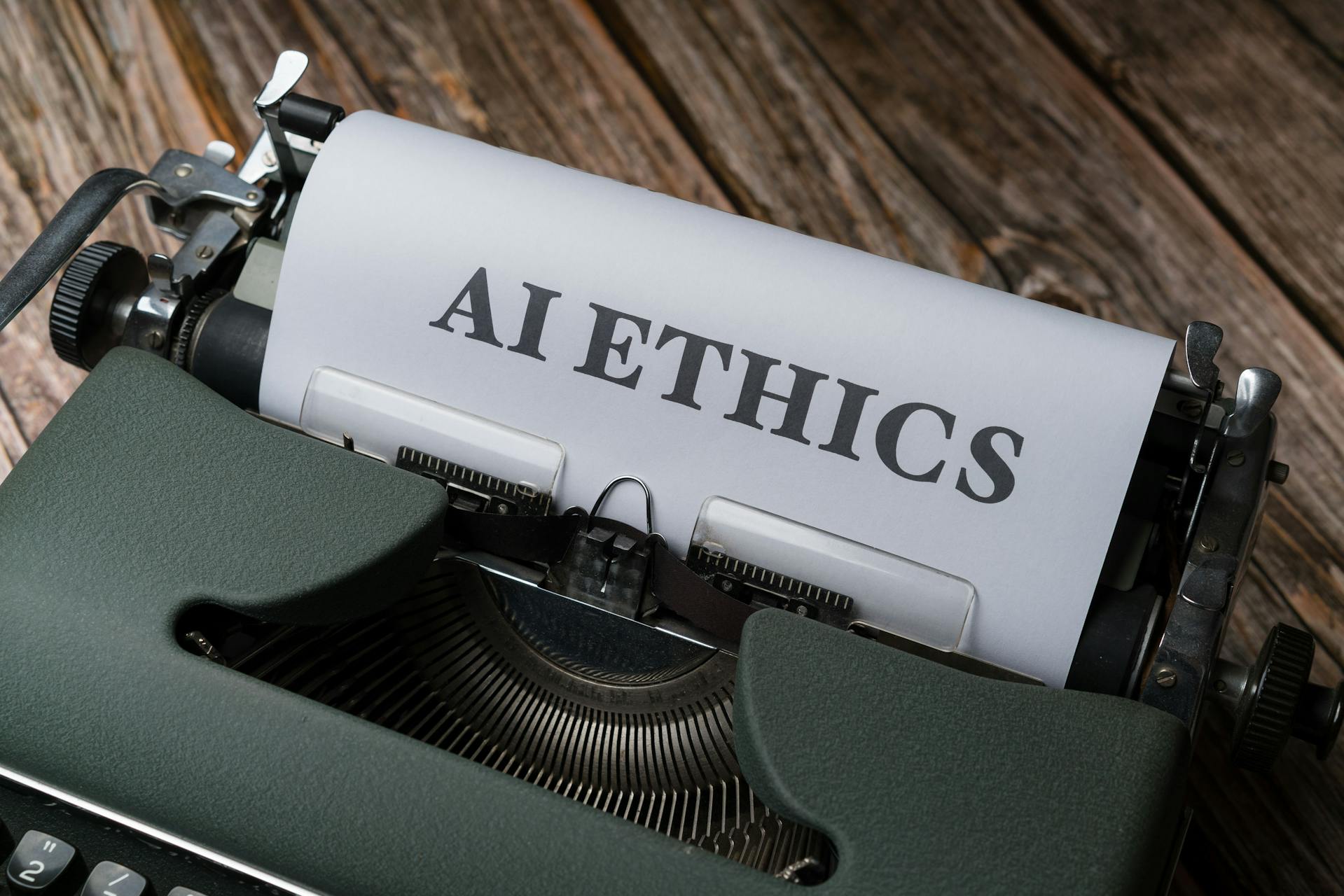As a nurse practitioner, one of the most daunting and time-consuming parts of my job is charting. This task often keeps me locked into my work well past scheduled hours, and I frequently find myself taking unfinished charts home. This not only eats into my personal time but also takes away precious moments from my family. Despite three years in this role, charting remains a significant challenge for me.
What is HIPAA?
HIPAA, or the Health Insurance Portability and Accountability Act, is a federal law that mandates the protection of sensitive patient health information (PHI). Any entity dealing with PHI must ensure that all necessary physical, network, and process security measures are in place and followed.

Why ChatGPT is Not HIPAA Compliant?
HIPAA compliance requires stringent safeguards and agreements, such as Business Associate Agreements (BAAs), to ensure that any entity handling PHI adheres to the law’s privacy and security rules. As of now, OpenAI has not signed a BAA, which means ChatGPT cannot be used to process, store, or transmit PHI in a compliant manner.
ChatGPT in Clinical Setting
In my experience, my organization provides templates for different diagnoses to facilitate the charting process. However, these templates often lack the specific terminology I need, forcing me to free-type more than I’d like. Recently, I started using ChatGPT to compose HPIs, treatment plans, patient education, and after-visit summaries. This tool has significantly reduced my charting time by about 66%, cutting the average time per chart from 30 minutes to just 10 minutes.
Using ChatGPT Safely in Healthcare
Despite the lack of HIPAA compliance, healthcare providers can still use ChatGPT by taking specific precautions to ensure patient privacy. Here are some guidelines:
- Remove Patient Identifiable Information: Before entering any information into ChatGPT, make sure to remove all identifiers. According to HIPAA, these include names, geographic data smaller than a state, dates related to an individual (except year), phone numbers, email addresses, Social Security numbers, medical record numbers, and more. A complete list of identifiers can be found in the HIPAA regulations.
- Use for General Inquiries: Utilize ChatGPT for general questions, research, or drafting non-patient-specific documents. This approach ensures that no PHI is involved.
- Training and Education: Use ChatGPT as a tool for training and educating staff on various topics, including compliance, best practices, and new healthcare protocols, without involving specific patient details.
- Patient Education Materials: Generate general patient education materials that do not contain any specific patient information. These can include brochures, informative articles, and general health tips.
- Clinical Guidelines and Protocols: Draft clinical guidelines, protocols, and other administrative documents using ChatGPT, ensuring that no patient-specific information is included.
Conclusion
While OpenAI’s ChatGPT is not currently HIPAA-compliant, it can still be a valuable tool in the healthcare setting if used appropriately. By removing all patient-identifiable information and limiting its use to non-specific tasks, healthcare providers can benefit from AI advancements while maintaining patient privacy and adhering to HIPAA regulations.
My personal experience with ChatGPT has shown that it can dramatically reduce charting time, making my professional life more manageable and freeing up time for my family. Always exercise caution and stay informed about the latest guidelines and compliance requirements to ensure the safe and effective use of AI tools like ChatGPT in your healthcare practice.
Have you used ChatGPT in your practice? Share your experiences, good or bad, in the comments below. Your insights could help others in our community navigate the challenges and benefits of this powerful tool.
If you have any questions, please leave them in the comment box below!
Stay updated with the latest tips, resources, and insights to help you navigate your journey in the healthcare system. Join our community today and start optimizing your workflow for a better work-life balance!
